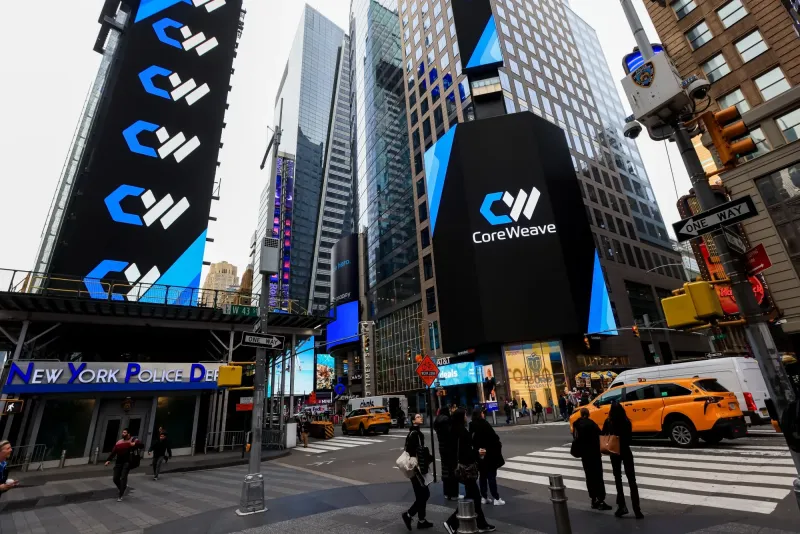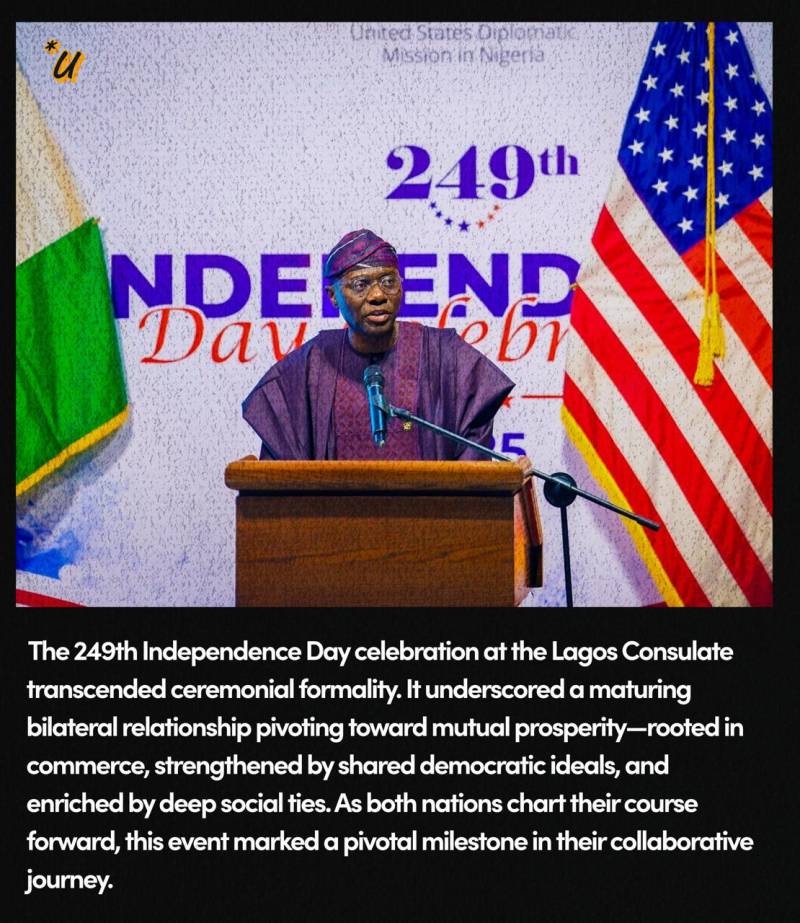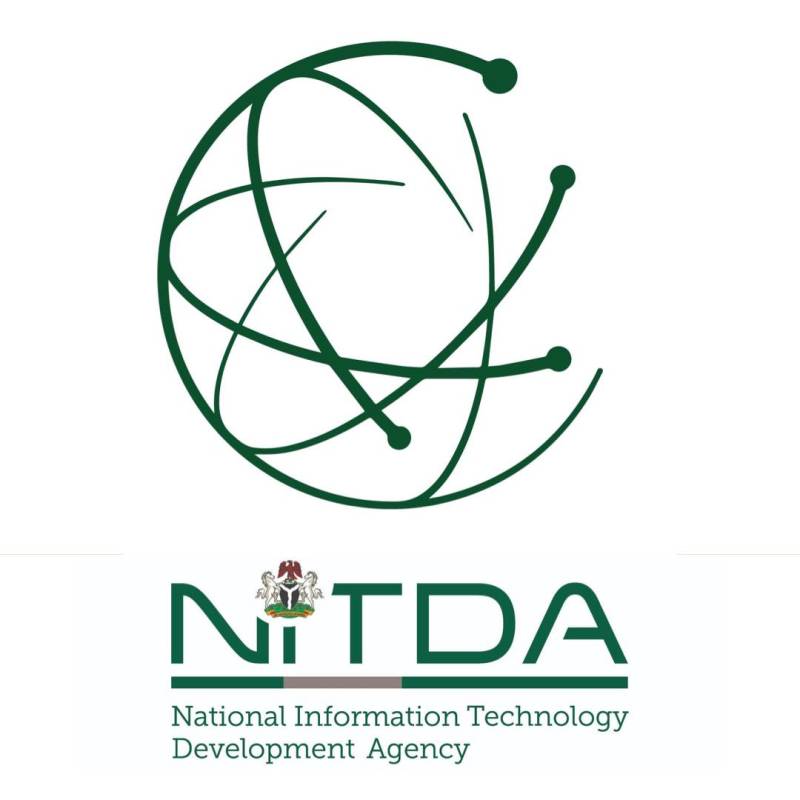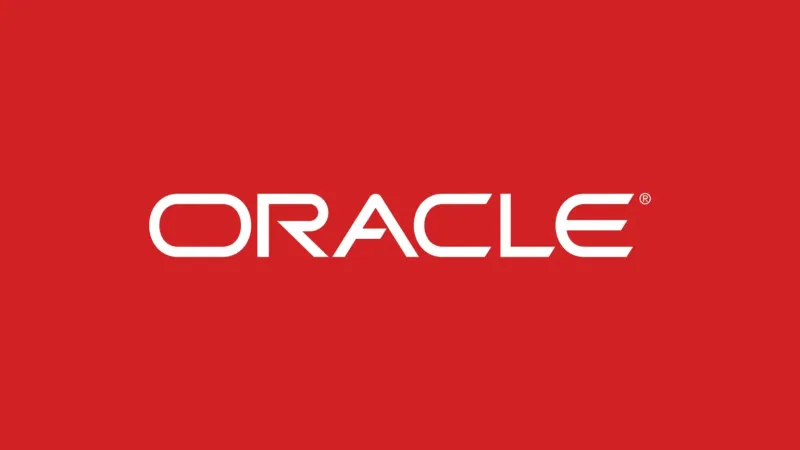President Trump has once again extended TikTok’s reprieve, issuing a third 90‑day deadline for ByteDance to divest its U.S. operations or face a nationwide ban. Signed on June 19, 2025, this executive order pushes the enforcement date to September 17, 2025, offering breathing room amid faltering acquisition talks and mounting political controversy. Trump’s move continues to stir legal and national security debates. The Protecting Americans from Foreign Adversary Controlled Applications Act (PAFACA), enacted in April 2024, mandates that TikTok must be sold or banned within 270 days, with only a single 90‑day extension allowed by law. Yet Trump has granted three such extensions already—starting with his inauguration—and critics claim this pattern oversteps legal bounds.

Read Also: iOS 26
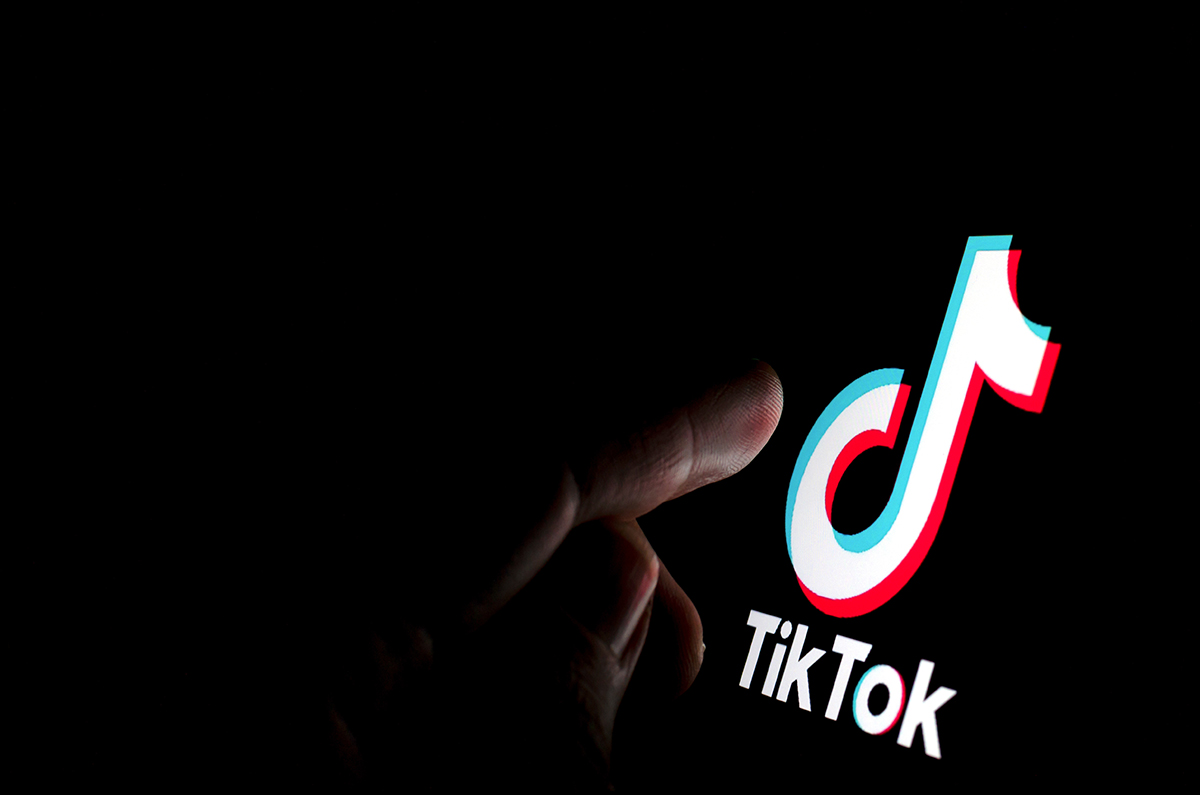
White House Press Secretary Karoline Leavitt justified the measure, emphasizing a desire to protect U.S. users’ data while ensuring a secure U.S.‑based ownership transition. TikTok officials expressed gratitude, noting their commitment to work with Vice President Vance’s office, and underscored that over 170 million Americans and 7.5 million businesses rely on the platform daily. Supporters argue that the extension allows time to finalize a sale or restructure, noting that negotiations—including interest from Oracle, Amazon, Walmart, and others—have stalled mainly due to trade tensions and Beijing’s reluctance to relinquish control of TikTok’s algorithm. Trump himself touted his rapport with China, expecting President Xi to greenlight a deal. However, analysts warn that without algorithm transfer, any divestiture may fall short of legal and national—security requirements.
GOP lawmaker backlash is growing. Senator Mark Warner condemned the move as ignoring critical security findings, while Senator Ted Cruz warned of TikTok's potential use as a "propaganda tool" for Beijing. A Politico analysis described this saga as politically stuck in “Groundhog Day”, with lawmakers frustrated but reluctant to challenge the president directly. Legal experts echo these concerns. Under PAFACA, the president is only permitted one 90‑day extension, not multiple consecutive ones. Barron’s reported that scholars question the legality of repeat extensions, calling the president’s "authority ... murky at best". Yet, no court has weighed in publicly, allowing TikTok to continue operating under informal DOJ and app‑store assurances.
Amid this uncertainty, TikTok is not sitting idle. The platform recently premiered new AI‑powered video and advertising tools at Cannes, signaling its focus on growth and innovation even as the deadline looms. Competitors like Snap and YouTube are gearing up to attract users during this period of instability, but analysts suggest TikTok’s momentum remains strong. Ultimately, TikTok finds itself in a political limbo: beloved by users, vilified by security hawks, and stalled in major legal limbo. Unless a divestiture deal—including algorithm transfer—can be finalized before September, the app’s fate may eventually hinge on whether the courts or Congress choose to step in.
